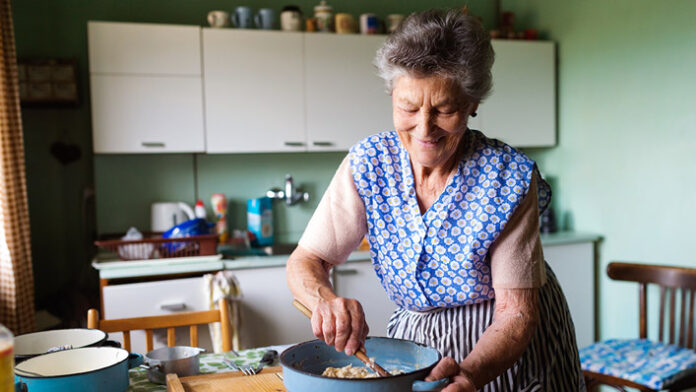-
-
- Nain: Welsh term for maternal grandmother, depicting matrilineal respect.
- Mamaw: Often used in the Southern U.S., reflecting a folksy relationship.
- Tutu: Hawaiian culture term for grandmother, conveying affection and respect.
- Amma: Used in Icelandic and certain Indian regions, representing maternal ancestors.
- Avó: Portuguese, symbolizing the beloved elder of the family.
- Bedstemor: Danish for “best mother,” denoting respect.
- Bomma: Flemish for grandmother, showing familial ties.
- Busha (or Babcia): Polish, used affectionately within families.
- Farmor: In Sweden and Denmark, referring specifically to one’s paternal grandmother.
- Glamma: A blend of “glamorous” and “grandma,” for a stylish, modern grandmother.
- Grams: A casual diminutive of “grandma” used in English-speaking areas.
- Memaw (or Meemaw): Southern U.S. term, used affectionately, particularly in Appalachian and southern regions.
- Nani: Refers specifically to the maternal grandmother in Hindi and other Indian languages.
- Omi: A variation of “Oma,” used in some German-speaking and Dutch-speaking families.
- VoVo: An affectionate Portuguese term for grandmother.
-
Embarking on the quest for another name to call grandma illuminates the profound connections that transcend language and geography. The terms of endearment we use for our grandmothers are imbued with the history, love, and values that define our familial bonds. As we uncover these diverse names from cultures around the globe, we not only enrich our vocabulary but also deepen our appreciation for the unique role grandmothers play in our lives. Whether you choose to adopt a new name or simply explore these terms out of curiosity, remember that each one carries the weight of love, respect, and the timeless bond between generations.

